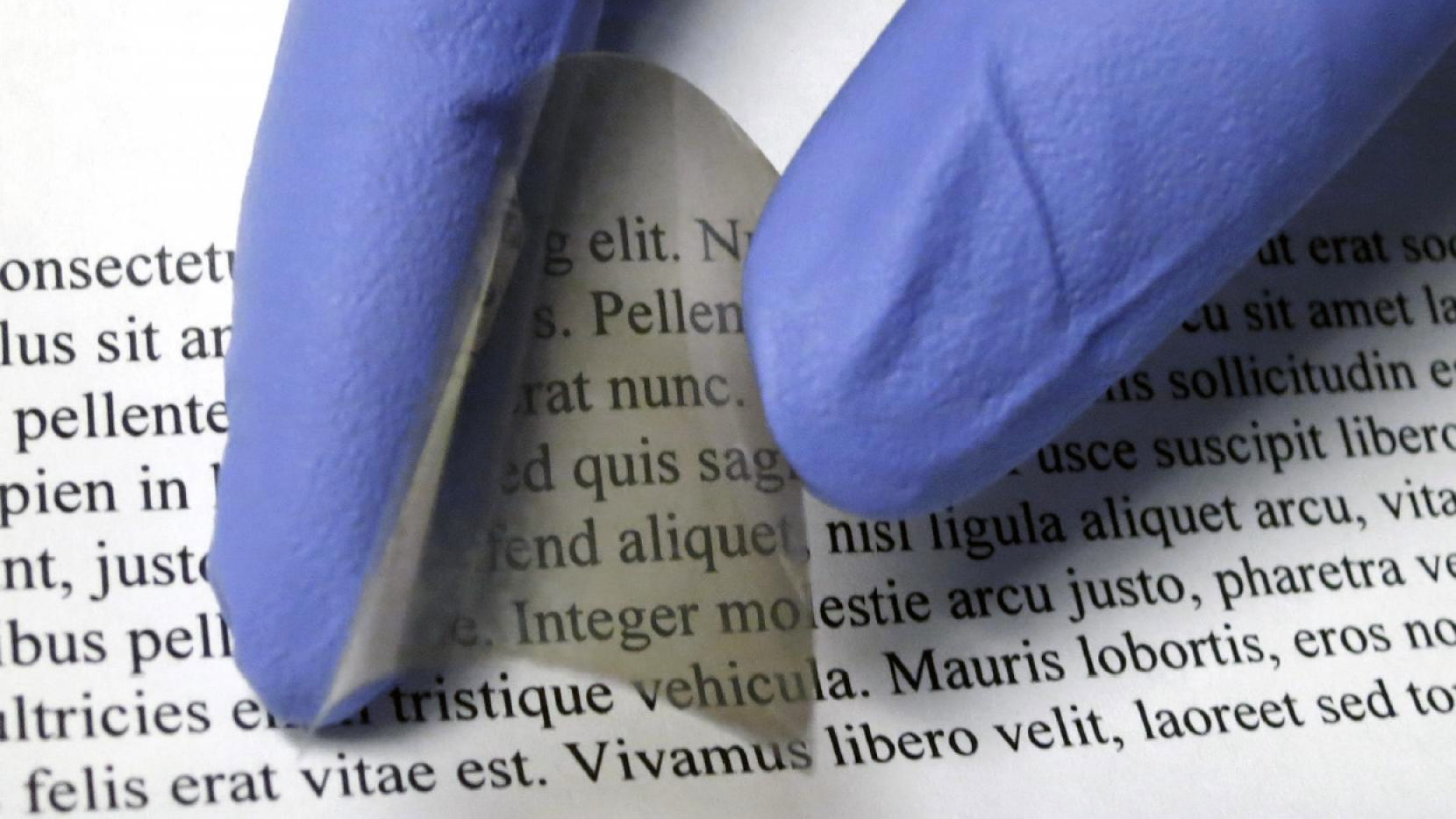Smart windows are a step closer to arriving in your home
Lightening and darkening on demand

For decades, we've been promised 'smart windows' – glass which can lighten or darken based on the conditions outside, saving on cooling and heating bills for homes and businesses.
But, while they've featured in a few concept buildings, smart windows haven't made it into the mainstream. The reason isn't technology – the science is pretty settled. It's more about the cost and difficulty of manufacturing them, which makes them prohibitively expensive.
Unique nanostructure
But now a team of researchers from the Cockrell School of Engineering at the University of Texas might have a solution. They've figured out how to make a smart window coating that's far easier and cheaper to apply than traditional methods.
It involves creating a plastic film with a unique nanostructure that doubles the efficiency of the darkening process. It can be made at low temperatures, and can switch between clear and tinted modes more quickly, using less power, than the traditional high-temperature process.
In testing, the team created a flexible coating that can be lightened or darkened with a small electric charge – about four volts. By applying that coating to glass, the transmission of heat through the glass can be controlled.
Rapid and efficient
What's more, the team reckons the discovery could pave the way for the deliberate engineering of similar materials for other applications – supercapacitors that store and release electrical energy rapidly and efficiently, for example.
Graeme Henkelman, a co-author on the paper describing the discovery, said: "Such collaborative efforts that combine complementary techniques are, in my view, the key to the rational design of new materials."
Get daily insight, inspiration and deals in your inbox
Sign up for breaking news, reviews, opinion, top tech deals, and more.
- Duncan Geere is TechRadar's science writer. Every day he finds the most interesting science news and explains why you should care. You can read more of his stories here, and you can find him on Twitter under the handle @duncangeere.
